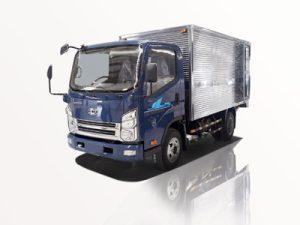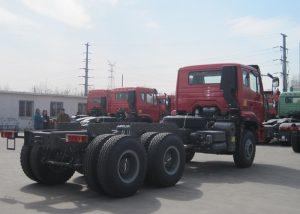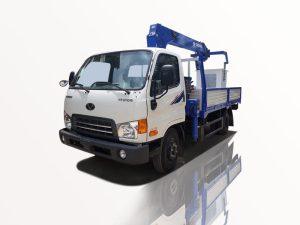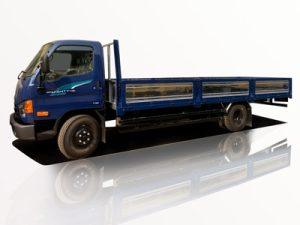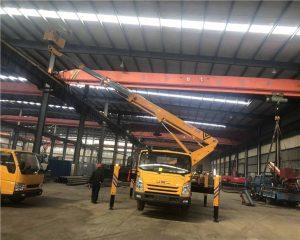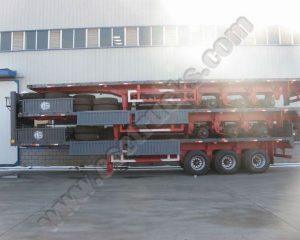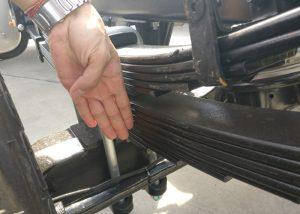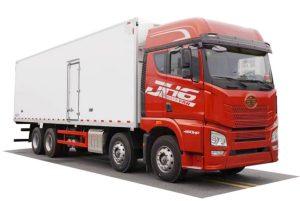Monday to Saturday - 8:00 -17:30
Airport Fire Engine for Sale: A Complete Guide to Purchasing and Maintenance
When it comes to ensuring safety and readiness at airports, the role of an airport fire engine is paramount. These specialized vehicles are designed to tackle emergency situations effectively, protecting both passengers and airport facilities. If you are in the market for an airport fire engine for sale, this comprehensive article will cover everything you need to know, from types and specifications to purchasing tips and maintenance. Let’s dive in!
Understanding Airport Fire Engines
What is an Airport Fire Engine?
An airport fire engine, also known as an aircraft rescue and firefighting (ARFF) vehicle, is specifically engineered to respond to aviation emergencies. These vehicles are equipped with advanced firefighting tools, water tanks, and foam systems, allowing them to extinguish jet fuel fires effectively.
Types of Airport Fire Engines
There are several types of airport fire engines available, each designed to meet specific needs:
- ARFF Vehicles: These are the primary vehicles used in aircraft fire emergencies. They combine water and foam capabilities for effective firefighting.
- Aircraft Towing Vehicles: While not primarily for firefighting, these vehicles help in moving disabled aircraft, often equipped with firefighting equipment.
- Utility Vehicles: Smaller vehicles that support fire crews with additional tools and supplies.
Key Features of Airport Fire Engines
Airport fire engines vary in capacity and features, but most include:
- Water Tank Capacities: Ranging from 1,500 to 6,000 gallons, depending on the engine type.
- Foam Systems: Integral for tackling jet fuel fires.
- High-Pressure Pumps: Essential for efficient firefighting operations.
- Emergency Lights and Sirens: Important for visibility and communication during emergencies.
Things to Consider When Buying an Airport Fire Engine
Budget and Financing
Setting a budget is vital. Airport fire engines can vary significantly in price depending on their features, brand, and age. Consider financing options or leasing if outright purchase is beyond your budget.
New vs. Used Fire Engines
When shopping for an airport fire engine, you’ll face the choice of buying new or used. Each option has its pros and cons:
| Factor | New Engines | Used Engines |
|---|---|---|
| Cost | Higher initial investment | Lower purchase price |
| Maintenance | Included warranties | May require immediate repairs |
| Technology | Latest technology | Older technology |
| Customization | Fully customizable | Limited options |
Specifications and Features
Ensure that the fire engine you are considering meets industry specifications. Look for the following:
- Foam Proportioning Ratio: Should meet the standards for aircraft rescue.
- Chassis and Engine Type: Choose reliable and sturdy models suitable for airport conditions.
- Turn Radius and Speed: Must be agile for rapid response in different airport layouts.
Supplier Reputation and Support
Select a reputable supplier known for quality products and excellent customer support. Check reviews, ask for references, and assess the supplier’s ability to provide parts and maintenance after the sale.
Where to Find Airport Fire Engines for Sale
Online Marketplaces
There are various online platforms where you can find airport fire engines for sale. Some well-known sites include:
- eBay: Offers a variety of used vehicles, often at competitive prices.
- GovDeals: A government auction site that occasionally features used fire engines.
- Commercial Truck Trader: Lists numerous fire and rescue vehicles.
Industry Trade Shows and Auctions
Participating in industry trade shows and auctions can be beneficial. These events allow you to see fire engines up close, test their functionality, and negotiate prices.
Evaluating the Condition of Used Fire Engines
Inspection Checklist
When evaluating a used airport fire engine, conduct a thorough inspection based on the following checklist:
- Exterior Condition: Check for rust, dents, and overall appearance.
- Engine Performance: Test-drive the vehicle to assess engine condition and braking.
- Equipment Functionality: Ensure all firefighting equipment is functional.
- Documentation: Verify maintenance records and service history.
Testing Equipment
Before finalizing your purchase, perform tests on the firefighting equipment. Check the water and foam systems under pressure to ensure they work effectively.
Maintenance and Care for Airport Fire Engines
Regular Maintenance Schedules
Implementing a regular maintenance schedule is crucial to ensure the longevity of your fire engine. General maintenance tasks include:
- Regular oil changes and engine upkeep.
- Monthly inspections of firefighting equipment.
- Annual thorough checks of brakes, tires, and overall vehicle performance.
Cleaning and Inspection Tips
Keep the vehicle in optimal condition by regularly cleaning both the interior and exterior. Inspect all firefighting equipment after each use and replace any worn or damaged components immediately.
Common Challenges and Solutions
Challenges in Purchasing Used Fire Engines
When considering the purchase of a used airport fire engine, challenges may include:
- Finding Reliable History: Always request service records and verify them.
- Hidden Damage: Consider hiring a professional inspector to assess the vehicle.
Solutions to Overcome Challenges
To mitigate these challenges:
- Work with reputable sellers who have clear policies regarding returns and guarantees.
- Invest in a detailed inspection report prior to purchase.
FAQs About Airport Fire Engines
1. What is the average cost of an airport fire engine?
The average cost ranges from $100,000 to $1,000,000 depending on whether it is new or used, and its specifications and features.
2. How often should airport fire engines be maintained?
A maintenance check should be conducted at least once a month, with more comprehensive inspections annually.
3. Can I customize my airport fire engine?
Yes, many manufacturers offer customization options for new vehicles, allowing you to tailor features to better suit your needs.
4. What should I look for in a used airport fire engine?
Focus on the vehicle’s condition, maintenance history, equipment functionality, and any signs of rust or damage.
5. Do airport fire engines require special licensing?
Yes, operators typically must have specialized training and licensing to operate emergency vehicles, including airport fire engines.
6. Where can I find reputable suppliers for airport fire engines?
Reputable suppliers can be found at industry trade shows, auctions, or through online marketplaces specializing in fire and rescue equipment.


